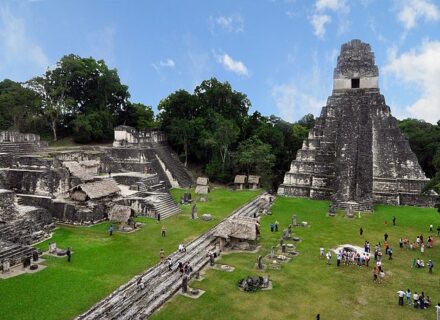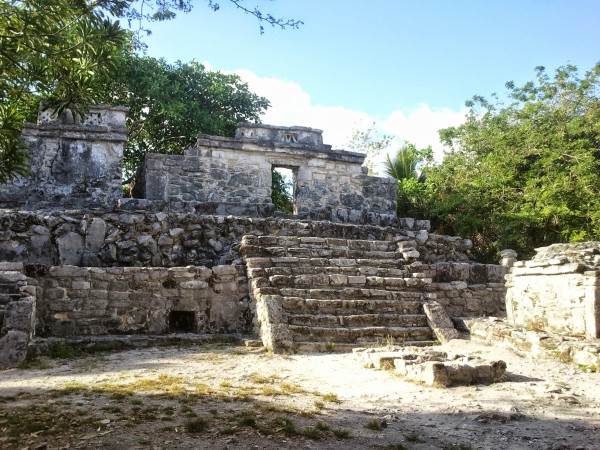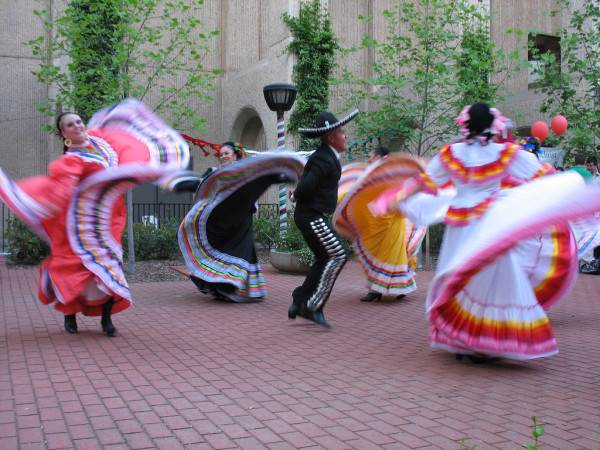The Grand Canyon in Arizona is incredible and impressive but if you have already “been there, done that” I suggest you head a few hours south into Mexico for an equally impressive visit to Copper Canyon.
Located in the southwestern area of Chihuahua, a state in Mexico, and only a day or so drive from the United States, lies Copper Canyon. The Canyon area actually included six major canyons, which together cover an area larger than the Grand Canyon with many parts actually deeper than the Grand Canyon. The climate and scenery is similar in many parts to the Grand Canyon – dry desert – but due to the overall larger area, you can also encounter old-growth woodlands and tropical dry forests.
Copper Canyon is a popular destination for a huge mix of travelers – budget backpackers to luxury travel tourists.
The Copper Canyon Train
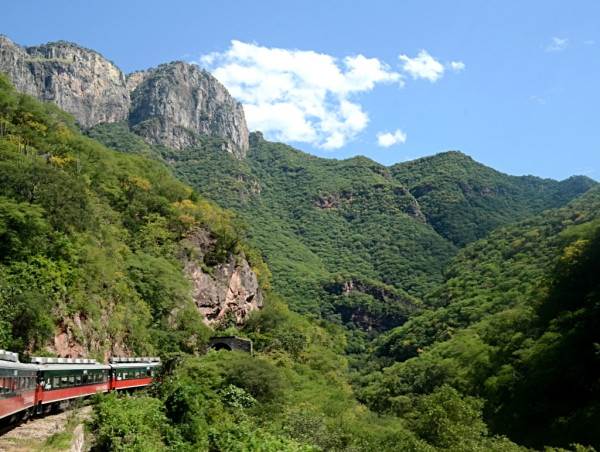
One of the most popular activities for visitors to the Copper Canyon area is to travel the Ferrocarril Chihuahua al Pacífico Railway, also known as the El Chepe train. Started in the 1880s, the train route was not finished due to the 1960s, due to financial problems and the incredible difficulty of putting a train through the canyons. The railroad runs over 400 miles, passes over 37 bridges, and through 86 tunnels, all while climbing as high as 7,900 ft above sea level.
The train journey is known around the world by tourists and train enthusiasts as one of the most picturesque. The journey, through Copper Canyon’s incredible scenery can take anywhere from 13 hours to over 24, depending on the class and train you select. Nearly all visitors take the first-class train which offers a restaurant car, comfortable, reclining seats, and conductors who will usually point out the interesting sights as you pass. The local train makes many more stops, taking twice as long if not longer, and is less comfortable though it does give you the chance to interact more with locals who live and work in the region.
Places to Stop
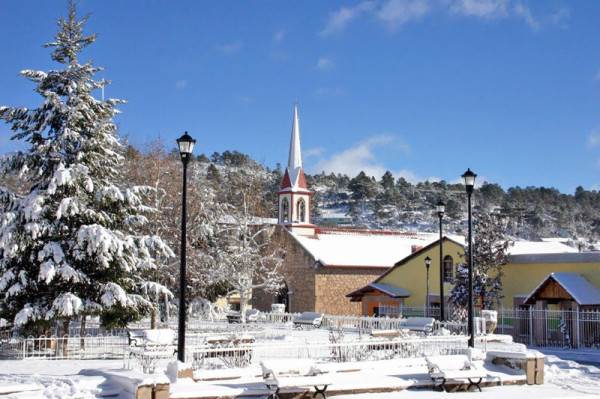
While the train starts in Los Mochis, many people choose to board the train in El Fuerte, a small town labeled “Pueblo Magico” because of its picturesque colonial architecture and great small town atmosphere. There you start your trip here or just hop off the train for an afternoon, you can’t miss the towns many festivals and celebrations. Even when there isn’t an official event going on, the town still offers visitors a chance to see small town Mexico life, with great authentic food and native crafts.
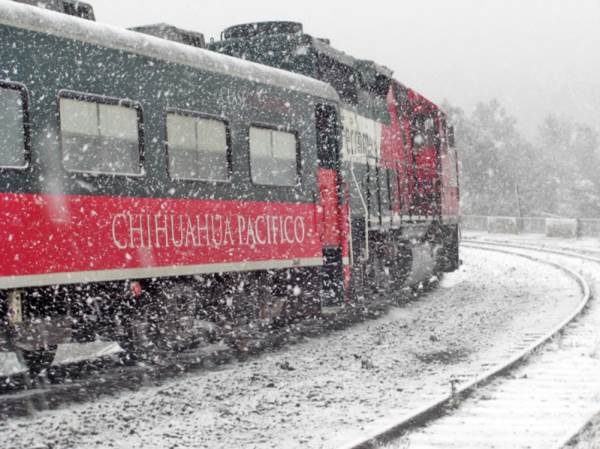
Creel is another popular stop on the Copper Canyon train ride. The small town, with less than 5,000 residents, has a good number of hotels and remote lodges and is the perfect place to spend the night. Tours are organized from town to take visitors into the canyons on hiking trips, horseback rides, or by ATV. The nearby Basaseachic Falls are some of the highest in Mexico and the nearby Divisadero lookout point offers some of the best views in the whole Canyon area.
Other stops include Bahuichivo, Temoris, and the end of the line in the city of Chihuahua. No matter where you stop, be sure you give yourself plenty of time to explore the Canyon by foot for a more intimate look at this incredible place. The people of the Canyon, from the local ranchers to the native Tarahumara tribe, are also very welcoming and make the journey that much more enjoyable.
Couple Travel Tips
- For the train, book your ticket in advance, especially if you are traveling during high season (October to March). If you can’t get a ticket, you might have luck showing up at the station the morning of travel and hope for a few cancellations.
- Many people doing a trip to Copper Canyon choose to drive from the United States, into Mexico, and down to Los Mochis or El Fuerte to start their train trip. The roads in this area of Mexico are in good condition and safe but it is suggested to complete the journey during the day.
- This area of Mexico is also known for the Peyote cactus which is a powerful hallucinogenic, used in traditional tribal rituals but now often sold to tourists as part of a “shamanistic ritual.” The strong effects can last days and the whole practice is extremely risking, especially in such a remote region. Best to avoid the risk…

